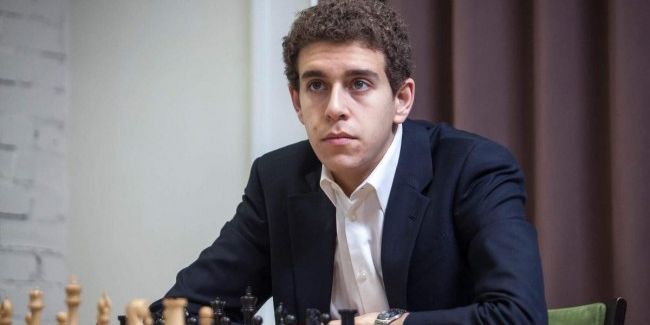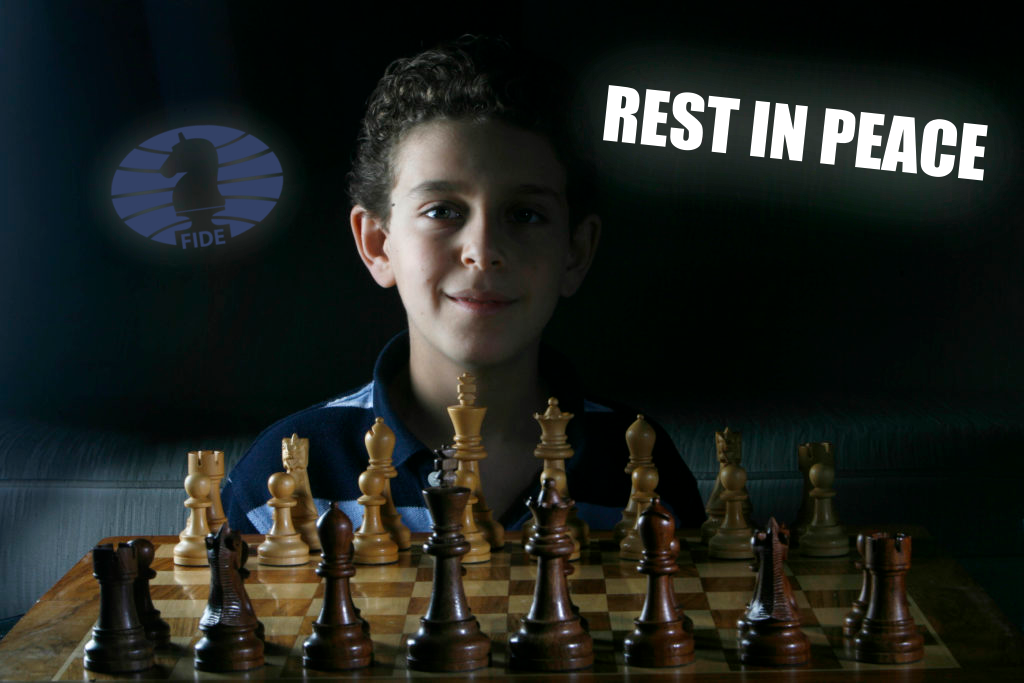When I first heard the news, I felt a weight in my chest that I couldn’t immediately name. Daniel Naroditsky — “Danya” to so many of us — was gone. He was only 29. The announcement came via Charlotte Chess Center and was echoed across social media by friends, fellow GMs, streamers and fans.
No cause of death was immediately disclosed.
From the beginning, his passing felt like a rupture in the fabric of our chess community; a reminder that behind every username, every rating, every live comment, there is a human being with vulnerabilities, pressures and stories we only partly see.

What we know so far
- No official cause confirmed: The public and media are awaiting further details.
- His final livestream: On October 17, Daniel streamed as usual. But fans and viewers noted that he appeared visibly tired, emotionally strained and, at times, disoriented. He lamented how the climate of suspicion in online chess had affected him deeply.
- Reaction by FIDE (International Chess Federation): In the days after his death, FIDE’s President Arkady Dvorkovich and other officials promised to refer all public statements made by Kramnik to the Ethics and Disciplinary Commission.
- Community outpouring: Thousands of posts, tributes and memorials flooded chess forums, Twitch chats and social media. Players, commentators and fans shared stories of how Daniel had helped them appreciate the beauty of the game.
To be clear: nothing we have now allows us to draw a definitive causal link between his death and any external influence. But in the silence, the grief and the outcry, we see a community struggling to respond to loss, responsibility and regret.


The storm before the storm: Kramnik’s accusations
A campaign without convincing proof
The tensions between Daniel and former world champion Vladimir Kramnik had been simmering for over a year. Since October 2024, Kramnik repeatedly accused Naroditsky of cheating in online chess, alleging the use of hidden engines or unfair assistance.
But crucially: no formal investigation or definitive proof ever emerged.
Daniel strongly denied all the accusations. He described the campaign against him as “a sustained, evil and absolutely unhinged attempt to destroy my life”. He said that often when he did well in games, people assumed the worst of him: a constant cloud of suspicion cast over every success.
In public statements, Kramnik responded with claims that he had raised concerns about “serious and alarming problems” in Daniel’s behavior, hinting at substance abuse or emotional disturbance. He framed his criticisms as interventions, not attacks.
But many saw a dangerous pattern: a powerful figure making repeated allegations on public platforms, without open accountability or procedural checks.

After the death: escalation, denial and backlash
Following Daniel’s death, Kramnik made statements that were widely perceived as cold, cryptic, or even callous. He deleted parts of his online presence. He spoke of suing FIDE if they acted against him. He denied bullying or personal insult.
Kramnik also claimed he and his family had been subjected to threats, and that his 12-year-old son had suffered a nervous breakdown due to online harassment. He criticized those accusing him of “ruining Daniel’s life” without knowing the cause of death.
But the reaction from chess players and fans was swift and fierce. Many accused Kramnik of hypocrisy, of weaponizing his reputation and status, and of compounding Daniel’s suffering when he was alive and now in death.


FIDE under pressure
FIDE’s decision to refer Kramnik’s statements to the Ethics and Disciplinary Commission marks a turning point. Observers note that the chess world has rarely held high-profile voices accountable for defamation or harassment, especially when the evidence was weak or ambiguous.
Still, pressure is mounting:
- FIDE’s CEO Emil Sutovsky blasted Kramnik’s post-death remarks as “appalling and outright shameful” and highlighted how little support Daniel may have gotten while he was alive.
- Critics argue that the reaction is too little, too late — that the community and governing bodies allowed toxic discourse to fester.
- Some warn that this case must become precedent: that powerful voices should not be allowed to spread damaging accusations without scrutiny or consequences.

Grief, regret and hope
As a fan, I find myself in conflicting tides: deep sorrow for Daniel’s passing, anger toward those who might have contributed to his anguish, and fear over the fragility of mental health when public pressure and suspicion encroach.
I remember watching him stream, marveling at how he broke down variations not dryly but with warmth, humor and curiosity. I remember the times he answered silly chat questions, joked about his caffeine intake, or paused to tell a story about a mistake he made — and how that humility made him feel human.
It’s painful to see that same humanity challenged publicly, especially by someone of Kramnik’s stature. If nothing else, this tragedy should force us to reconsider how we talk about each other. The line between vigilant criticism and character assassination is not always sharp, but its consequences can be devastating.
I hope that FIDE and the broader chess world do more than gestures. I hope policies, protections and accountability grow out of this. I hope future players are spared similar anguish.


To Daniel and to those he loved
Danya, you were more than a name on a leaderboard. You were a bridge between serious chess and human hearts. You taught many of us to love chess not for the rating but for the stories, the struggle, the curiosity. You were generous in sharing your journey, vulnerabilities and all.
Today, we mourn not just your absence but the loss of potential — the games unplayed, the thoughts unspoken, the ideas unrealized. Your family, your friends, your students bear an unthinkable weight. May they find solace in how much you meant to a vast, scattered community.
To Daniel: thank you for your light, your patience, your passion.
May memory keep your presence alive in each quiet move, each careful idea, each shared moment of delight in a clever line. May you rest in peace — and may we, your fans, continue your legacy by fostering kindness, respect and humanity in every game.
With gratitude, grief and hope,
A forever fan
